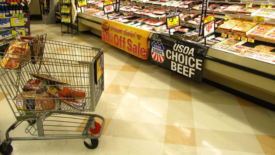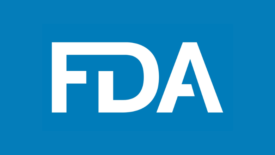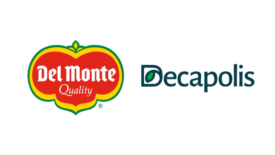Supply Chain
Sanitation Prerequisite Programs as a Necessary Component of FSMS for Foodservice Establishments
It is imperative that a paradigm shift happens now in how risk is managed in foodservice establishments
October 11, 2022
How Restaurant Operators can Handle Food Poisoning Allegations
Restaurants must handle foodborne illness claims professionally, and a framework for investigating consumer food poisoning allegations must be in place
October 11, 2022
Supply Chain Management: A Year in Review
To understand supply chain disruptions in a more systematic way, broader scenario planning and more rigorous work processes are needed
October 9, 2022
Never miss the latest news and trends driving the food safety industry
eNewsletter | Website | eMagazine
JOIN TODAY!Copyright ©2025. All Rights Reserved BNP Media.
Design, CMS, Hosting & Web Development :: ePublishing












